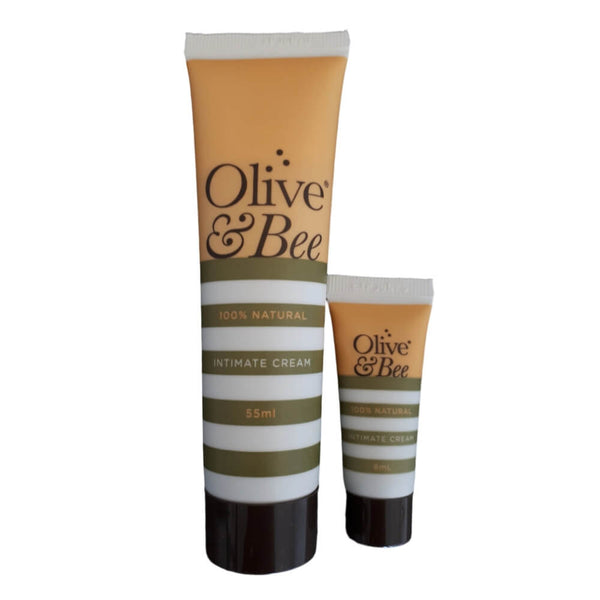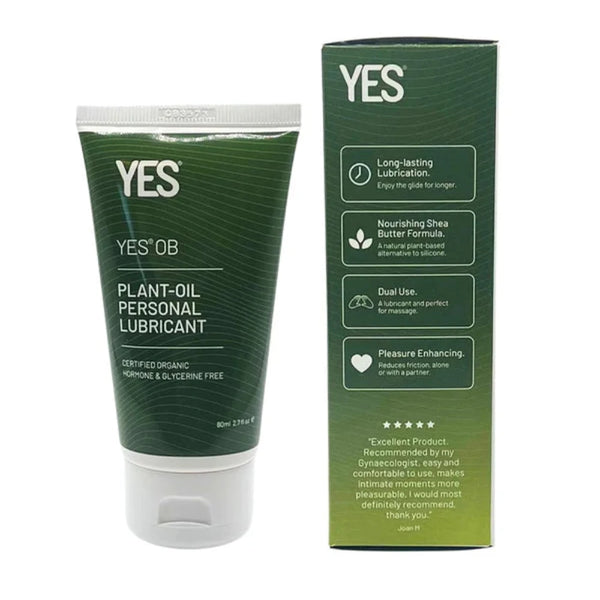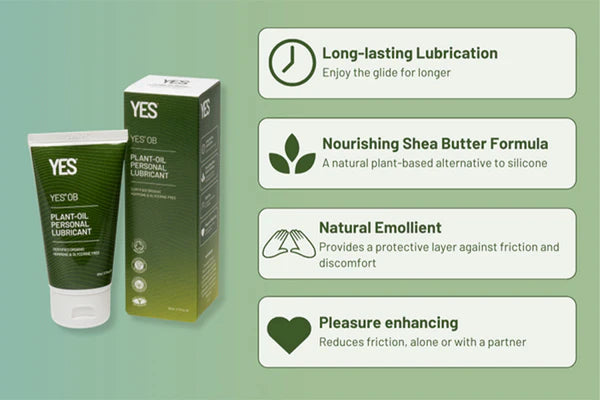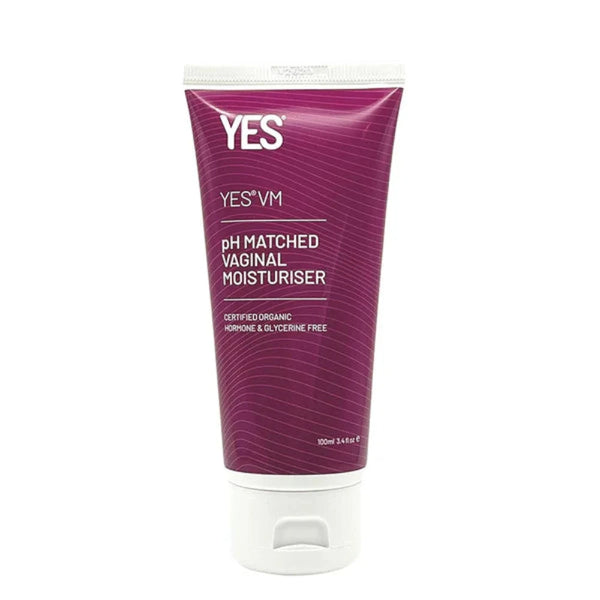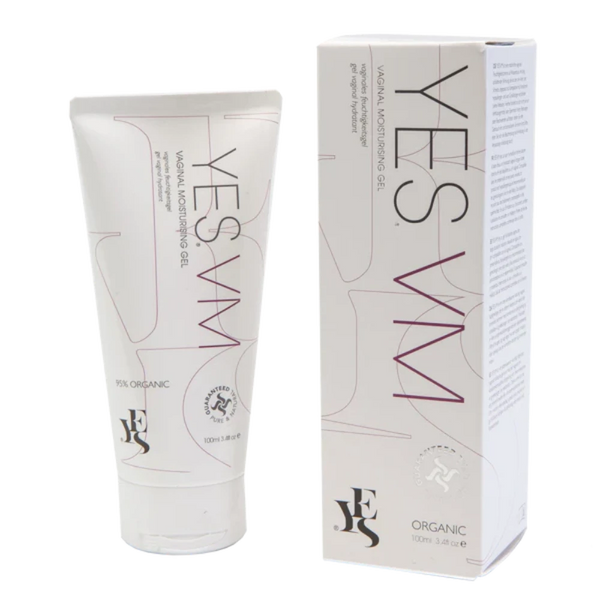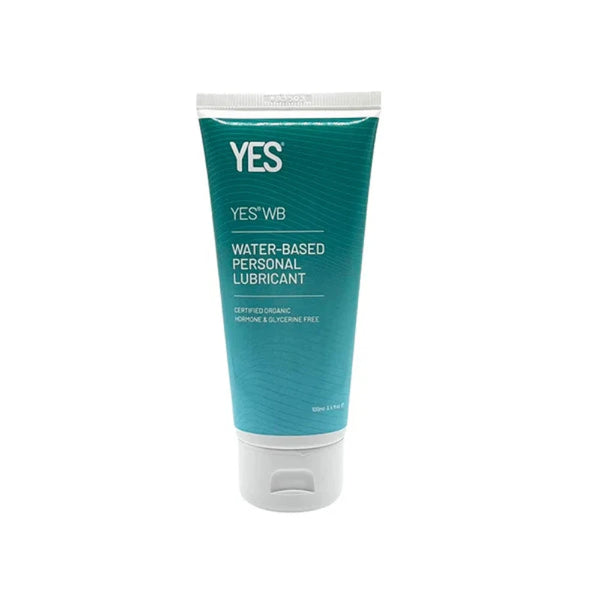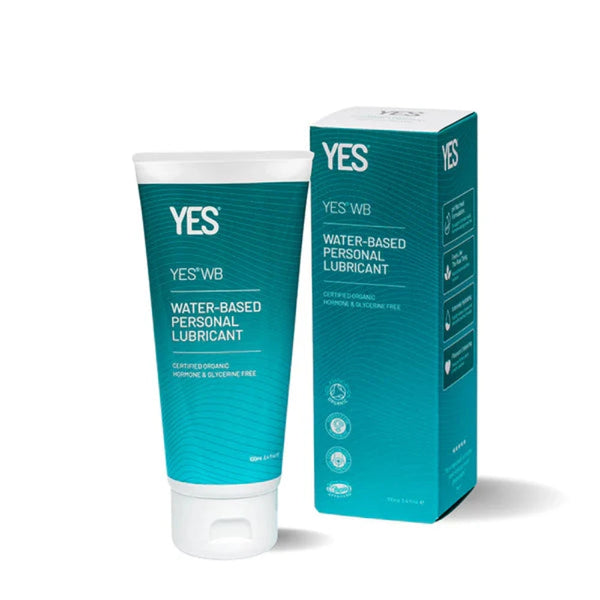When it comes to comfort, performance, and enhancing intimacy, lubricants can be a game-changer. Whether you’re new to the world of personal lube or just looking to broaden your knowledge, this guide will walk you through everything you need to know about them, who can benefit, and how to choose the right one for your needs.
What is Lubricant and Who Can Benefit?
A lubricant, in simple terms, is a substance that reduces friction between two surfaces. In personal care, it's primarily used to reduce dryness and discomfort during intimate activities. However, the benefits of lubricants extend beyond just sexual use. Lubes are helpful for anyone experiencing dryness, irritation, or discomfort—whether due to medical conditions, medication, menopause, breastfeeding or simply personal preference.
Who Would Benefit from Using Lubricant?
- Anyone looking to enhance sexual pleasure and comfort
- Those aiming to extend the duration of intimate activities
- Individuals experiencing menopause and related vaginal dryness
- Postpartum women or anyone dealing with vaginal dryness
- People with vulvodynia, who suffer from chronic vaginal discomfort or pain
- Cancer patients undergoing treatments that affect moisture levels
- Individuals with autoimmune disorders, which can cause dryness and discomfort
- For use with sex toys and dilators, enhancing comfort during intimacy
- Those engaging in anal sex, where extra lubrication is essential
If you've ever dealt with pain during sex, whether due to hormonal changes, age, or stress, using a lubricant can bring relief. In fact, anyone who wants to make their intimate experiences smoother and more enjoyable can benefit from using a lubricant.
Different Types of Lubes and Their Uses
There’s a variety of lubricants available, each with its own pros, cons, and best-use cases. Understanding these differences will help you choose the right one for your specific needs.
1. Water-Based Lubricants
Water-based lubricants are by far the most popular option. They are versatile, safe to use with condoms and toys, and easy to clean up as they dissolve in water.
Pros:
- Safe to use with all types of condoms and sex toys
- Easy to clean and wash off with water
- Affordable and widely available
Cons:
- Can dry out more quickly than other types, requiring reapplication
- Not ideal for water-based activities (e.g., in the shower or pool)
Best Lube For:
- General use, especially if you’re using condoms or toys.
- Perfect for those looking for an easy, mess-free option.
Our Favourite: YES® WB Water-Based Lubricant
2. Oil-Based Lubricants
Oil-based lubricants offer long-lasting lubrication and are great for massage-like intimacy. They tend to feel thicker and richer but come with some drawbacks, especially if used with certain materials.
Pros:
- Long-lasting lubrication, fewer reapplications needed
- Can double as a massage oil
- Provides a natural feel
Cons:
- Not safe for use with latex condoms as they can cause the condom to break
- Can stain fabrics
- Difficult to wash off and may clog pores
Best Lube For:
- Couples who aren’t using condoms and want a longer-lasting, silky experience.
- Great for intimate massages or skin-on-skin contact.
- Perfect as a daily vaginal moisturiser to use internally and externally to assist with dryness.
Our Favourites:
3. Silicone-Based Lubricants
Silicone-based lubricants are slick, long-lasting, and waterproof. They provide a different texture compared to water-based lubricants and are perfect for more adventurous activities, like underwater fun.
Pros:
- Ultra-smooth and long-lasting
- Ideal for water-based activities
- Doesn’t dry out like water-based lubes
Cons:
- Can damage silicone toys over time
- More difficult to wash off
- Can leave residue on skin and fabrics
Best Lube For:
- Shower or pool intimacy
- If you need a lubricant that won’t dry out.
- Perfect for those looking for something extra slippery.
Our Favourite: Uberlube
Lubricants and Conception: What You Need to Know
If you’re trying to conceive, using the right lubricant is crucial. Many standard lubricants can interfere with sperm motility, making it harder for the sperm to reach the egg. Thankfully, there are sperm-friendly lubricants specifically designed for couples trying to conceive. These lubricants mimic natural cervical mucus, allowing sperm to swim freely and reach their destination.
Pro Tip: If you’re actively trying to get pregnant, look for lubricants labeled “fertility-friendly” or those that mention they won’t affect sperm motility.
Relieving Menopausal Discomfort: The Role of Lubricants
Menopause brings about many changes, and one of the most common is vaginal dryness. This is caused by a decrease in estrogen levels, leading to thinner, less lubricated vaginal tissues. For women going through menopause, lubricants can be a lifesaver, offering comfort, reducing irritation, and enhancing intimacy.
Why is lubricant important during menopause?
Without enough moisture, sex can become uncomfortable or even painful during and after menopause. A good lubricant can restore comfort and ease, making intimacy enjoyable again. Look for natural, soothing ingredients to help nourish sensitive tissues.
Why is lubricant important in postmenopause?
Post-menopausal women often experience vaginal dryness due to a drop in estrogen levels, which can cause discomfort, itching, and painful intercourse. Using a daily lubricant or intimate cream can be highly beneficial in managing these symptoms. These products help restore natural moisture, soothe irritated tissues, and improve overall comfort. Regular use of a gentle, hydrating lubricant or cream can also help maintain vaginal health by promoting elasticity and reducing the risk of irritation and microtears.
If you're using other treatments, like topical hormone therapies, we often suggest applying lubricating creams or gels on the days you’re not using your prescribed medication. However, always consult your healthcare provider before making any changes to your routine!
Our Favourites - Best Lube For Pre and Post Menopause:
Why Natural Lubricants Matter - What to Avoid
When it comes to choosing a lubricant, the quality of the ingredients matters. Many mainstream lubricants contain synthetic chemicals, artificial fragrances, and preservatives that can cause irritation, disrupt your body’s natural balance, or even lead to infections. Choosing a natural lubricant ensures you’re avoiding harsh chemicals like parabens, glycerin, and sulfates, which are common in many commercial products.
What to Avoid in Lubes:
- Parabens: These preservatives have been linked to hormonal disruptions and allergies.
- Glycerin: Can lead to yeast infections in some women as it’s a sugar derivative.
- Petrochemicals: Some lubricants contain petroleum-based ingredients which can be harsh on sensitive skin.
Natural lubricants, by contrast, are typically free from these “nasties,” making them a much safer option, especially for those with sensitive skin or allergies. Look for products with ingredients like aloe vera, vitamin E, or chamomile for a soothing and nourishing experience.
Final Thoughts
Whether you're looking to enhance intimacy, manage dryness, or enjoy comfort during menopause, the right lubricant can make all the difference. By understanding the different types of lubricants and their benefits, you can make informed choices that enhance both your comfort and pleasure. At Blossom Pelvic Health, we're committed to offering only the safest, all-natural lubricants, ensuring your intimate experiences are as healthy as they are enjoyable.



